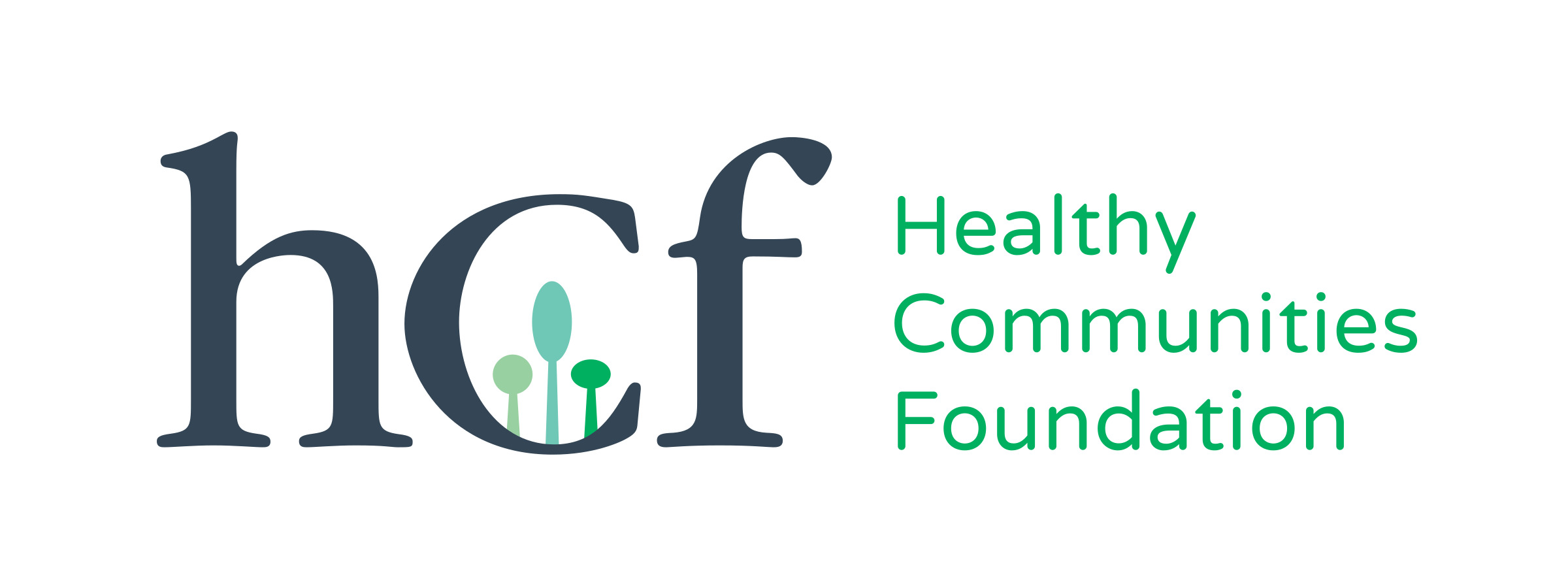GENERAL OPERATING SUPPORT
MULTI-YEAR GRANTEE PARTNERS – 2021-2023 COHORT
As part of our trust-based philanthropic approach, we began multi-year general operating support as a new strand of our core funding in 2021. Our first multi-year partner cohort has deep community relationships and a health equity approach most aligned with our long-term strategies and vision for creating systems change in our region. We are cultivating these long-term partnerships, learning from the cohort, and co-creating intersectional approaches that aim to reimagine health and an equitable recovery from the COVID pandemic in our service region.
The following list of grantee partners will receive a renewable grant each year from 2021-2023 to support their leadership efforts in advancing health equity in our region.
GEOGRAPHIC FOCUS
- LEGACY & EQUITY –Partners that primarily serve communities in Chicago and western Cook County suburbs that experience the greatest health inequities in our region and have been disproportionately impacted by the pandemic.
- REGIONAL – Partners that serve communities across our entire service region.
- SUBURBAN REGIONAL – Partners that primarily serve our region’s communities in west suburban Cook County.
PARTNER COUNT

TOTAL: 20
FUNDING AMOUNT

TOTAL: $3,145,000
GRANT RECIPIENTS
Below is the list of our 2023 grant recipients, including a description of their work and geographic focus, categorized by how we see their work aligning with our grantmaking priorities.
ACCESS to quality health services (Downstream)
2023 grantee partners who demonstrate innovation in removing physical, financial, and/or cultural barriers to health care while also highlighting and engaging in upstream solutions that address the root causes of the health inequities community experiences.
ADDRESS social determinants of health (Midstream)
Partners’ efforts are centered on creating more equitable, inclusive and just communities while meaningfully improving community health by addressing social determinants of health.
ADVOCATE for health policies & systems change (Upstream)
Partners’ efforts center and cultivate the leadership expertise and solutions of communities and individuals that are most impacted by the inequities they seek to address.
AUGMENT knowledge through capacity building (Upstream)
Partners’ efforts center on how they have developed intentional partnerships to ensure that public health data can live and belong in communities, and how those relationships can drive community-led inquiry, improved data collection and outcomes reporting.


